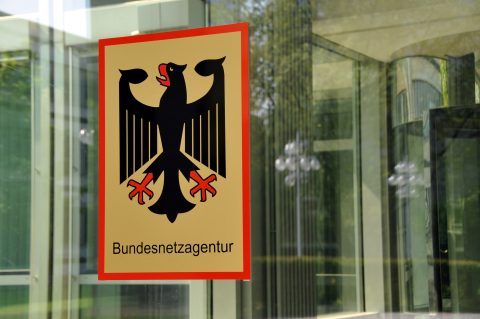Cargo critical for CPK’s investment return and Polish import volumes

The Centralny Port Komunikacyjny (CPK) infrastructure project: A huge airport infrastructure investment with multimodal components is expected to transform logistics apart from passenger services, not only in Poland but also in Europe. Can passenger and cargo, air, rail and road operations coexist? And if so, how big of a role can cargo play? A recent report says that the airport’s cargo handling will be a significant component of its operations and revenues, but also of Polish import volumes.
A report compiled by Ernst & Young on behalf of the CPK claims that revenues resulting from cargo handling within the airport, including customs duties and VAT, will be able to return the state budget investment of 9 billion Polish Zloty (approximately 2 billion euros) in 12 years of operations. At the same time, cargo volume traffic forecasts by the International Air Transport Association (IATA) have shown that imports to Poland should increase from around 75,000 tonnes in 2022 to approximately 932,000 tonnes in 2060. Regarding exports, the corresponding values for 2022 and 2060 are, respectively, 58,000 tonnes and 544,000 tonnes.
Despite those cargo volumes referring to air transportation and airborne freight traffic arriving in Poland from within and outside the EU, one cannot overlook the fact that the increased cargo handling will also have a considerable impact on rail freight as both imports and exports through CPK are also supposed to be supported by domestic and international rail freight services.
“The construction of CPK should ensure a rapid increase in cargo handled through Poland. Launching the infrastructure we are designing will result in significant additional revenues for the state budget. Exploiting the potential of air cargo thanks to CPK means increasing the import and export of goods, as well as new development opportunities for Polish entrepreneurs”, says Mikołaj Wild, president of CPK.
Customs duties and VAT
The Ernst & Young report also highlighted the leading sectors on which CPK will rely as a logistical node. Most will be related to technology and require logistical solutions for the pharmaceutical, chemical, automotive and metal industries. Customs duties procedures and VAT income will lead CPK’s economic turnover and strengthen competition with neighbouring countries and relevant infrastructures.
“From the mid-2030s onwards, thanks to CPK, the additional annual revenue for the state budget from customs duties and VAT should exceed 1 billion Polish Zloty. During the first 32 years of operation, the CPK investment will generate close to 200 billion Polish Zloty. The investment will finally divert billions in customs duties and VAT from the German budget to the Polish budget. This will become a massive boost for our trade and economy, which is why CPK is needed ‘immediately’,” commented Marcin Horała, Deputy Minister of Funds and Regional Policy and the government plenipotentiary for CPK.
However, for this to happen, Poland also needs to implement some legal changes and simplify existing procedures concerning customs and tax regulations in the country. The Ernst & Young report also included some recommendations to the Polish government in this regard.
Also read:





